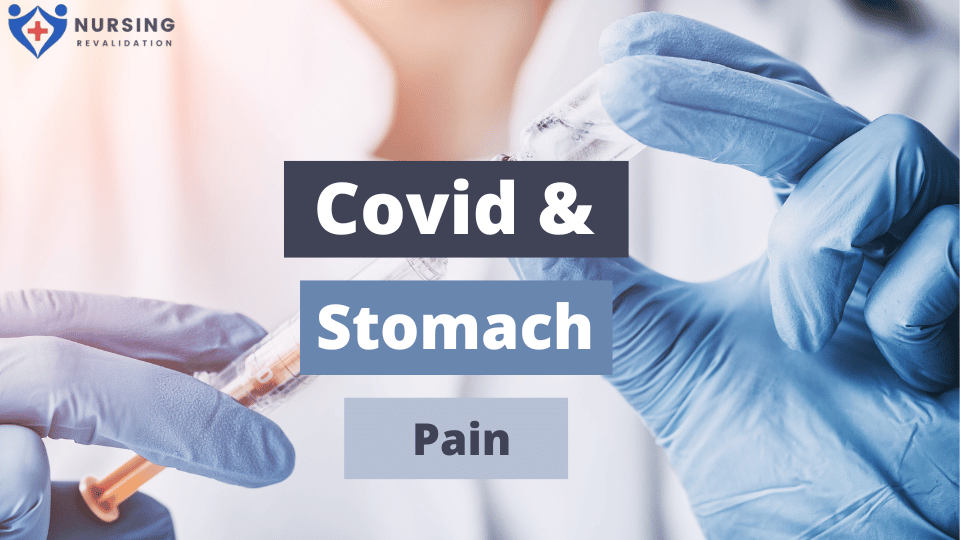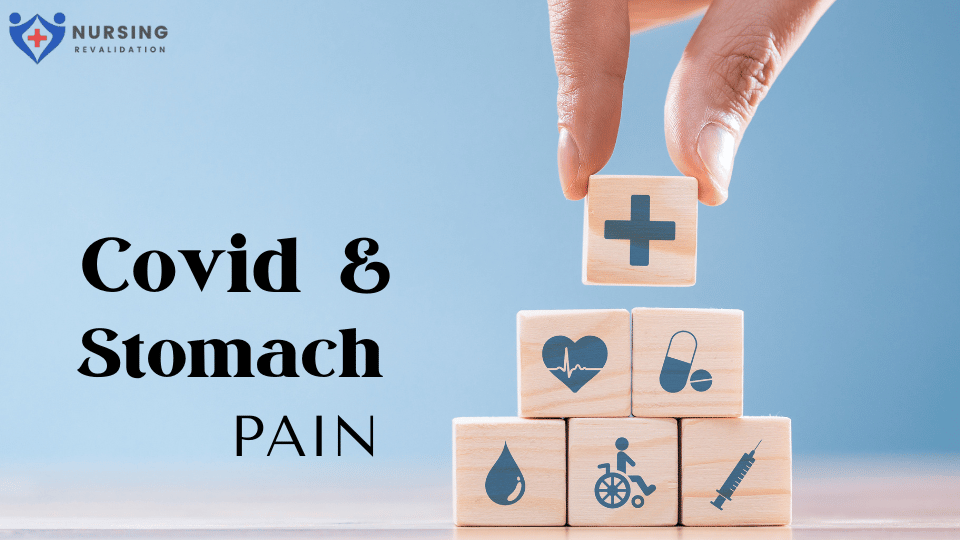Introduction
The COVID-19 pandemic has impacted the world in a significant way. While the virus primarily affects the respiratory system, it has been observed that it can also affect the digestive system, leading to various gastrointestinal symptoms, including stomach pain. This article aims to explore the connection between COVID-19 and stomach pain.
Understanding COVID-19
COVID-19 is caused by the novel coronavirus, SARS-CoV-2. The virus spreads through respiratory droplets when an infected person coughs, sneezes, or talks. The primary symptoms of COVID-19 include fever, cough, fatigue, and shortness of breath. However, it has been observed that the virus can affect other parts of the body as well, including the digestive system.
COVID-19 and Stomach Pain
Various studies have indicated that gastrointestinal symptoms, including stomach pain, are prevalent in COVID-19 patients. According to a study published in the American Journal of Gastroenterology, 18.6% of the COVID-19 patients surveyed experienced abdominal pain. Another study published in The Lancet Gastroenterology & Hepatology reported that 20.4% of the COVID-19 patients studied experienced digestive symptoms, including abdominal pain.
Possible Mechanisms
The exact mechanism through which COVID-19 causes stomach pain is not yet fully understood. However, it is believed that the virus can directly infect the digestive system’s cells, leading to inflammation and damage. The virus can also affect the gut microbiome, leading to an imbalance in the gut’s natural bacteria, leading to various gastrointestinal symptoms.
Risk Factors
Certain factors can increase the risk of developing stomach pain in COVID-19 patients. These include pre-existing gastrointestinal conditions such as inflammatory bowel disease or chronic gastritis. Age and gender can also play a role, with older individuals and males more likely to experience gastrointestinal symptoms.

Diagnosis and Treatment
If you experience stomach pain or any other gastrointestinal symptoms, it is essential to contact your healthcare provider immediately. The diagnosis of COVID-19-induced abdominal pain typically involves a physical examination, blood tests, and imaging studies. Treatment primarily involves managing the symptoms through pain medication, anti-inflammatory medication, and changes in diet and lifestyle.
Prevention
Preventing COVID-19-induced abdominal pain primarily involves following the standard COVID-19 prevention guidelines, including wearing masks, maintaining social distancing, washing hands frequently, and avoiding large gatherings. Additionally, it is essential to follow a healthy and balanced diet, exercise regularly, and manage stress levels to maintain a healthy digestive system.
Conclusion
In conclusion, stomach pain is a prevalent gastrointestinal symptom in COVID-19 patients. Although we don’t fully understand the exact mechanism, experts believe that the virus can directly infect cells in the digestive system, causing inflammation and damage. If you experience stomach pain or any other gastrointestinal symptoms, it is crucial to contact your healthcare provider immediately. Following a healthy and balanced diet, exercising regularly, and managing stress levels can also help prevent COVID-19-induced stomach pain.
FAQs
Can stomach pain be the only symptom of COVID-19?
While stomach pain can be a symptom of COVID-19, it is typically accompanied by other respiratory symptoms such as cough, fever, and shortness of breath.
Is stomach pain a severe symptom of COVID-19?
While stomach pain can be a symptom of COVID-19, it is typically not severe and can be managed with pain medication and lifestyle changes.
Can COVID-19 cause long-term stomach problems?
It is not yet clear if COVID-19 can cause long-term stomach problems. However, following a healthy diet and lifestyle can help maintain a healthy digestive system.
Is stomach pain in COVID-19 patients similar to other types of stomach pain?
COVID-19-induced stomach pain can have similar symptoms to other types of stomach pain, but it is essential to contact your healthcare provider immediately if you experience any gastrointestinal symptoms, especially if you have been in contact with someone with COVID-19.
Can COVID-19-induced stomach pain lead to other complications?
While COVID-19-induced stomach pain is typically not severe, it can lead to other complications if left untreated, especially if you have pre-existing gastrointestinal conditions. Therefore, it is crucial to contact your healthcare provider if you experience any gastrointestinal symptoms.

